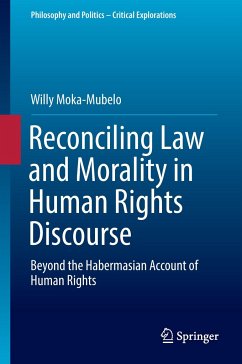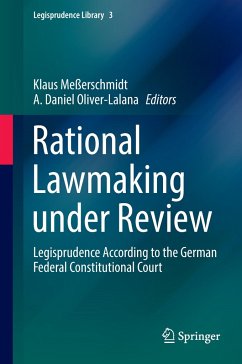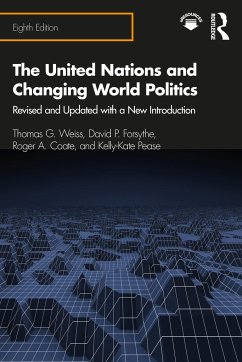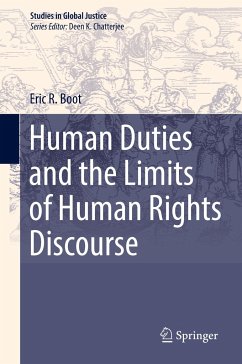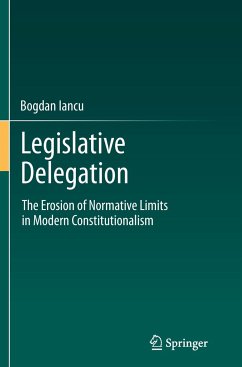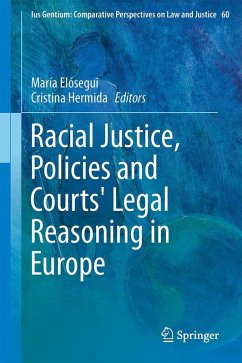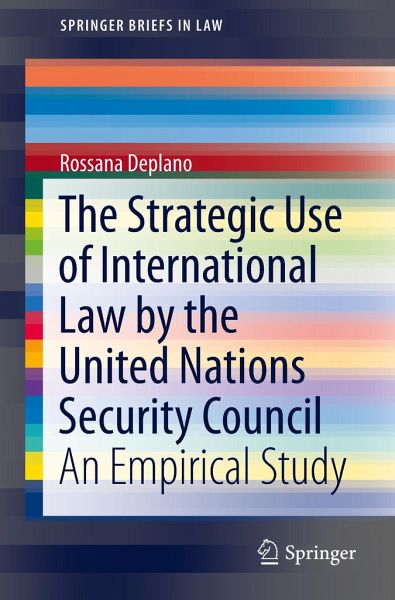
The Strategic Use of International Law by the United Nations Security Council
An Empirical Study

PAYBACK Punkte
19 °P sammeln!
The book offers insights on whether international law can shape the politics of the Security Council and conversely, the extent to which the latter contribute to the development of international law. By providing a systematic analysis of the quantity and quality of international legal instruments referred to in the text of resolutions, the book reconstructs patterns of the Security Council's behavioural regularities and assesses them against the provisions of the United Nations Charter, which establishes its mandate. The analysis is divided into three periods - the origins and Cold War period, post-Cold War period and the twenty-first century - and assesses the resolutions passed in each period by thematic category. The book argues that while international law plays an important role in shaping the politics of the Security Council, the Council's resolutions do not contribute significantly to the development of international law.




